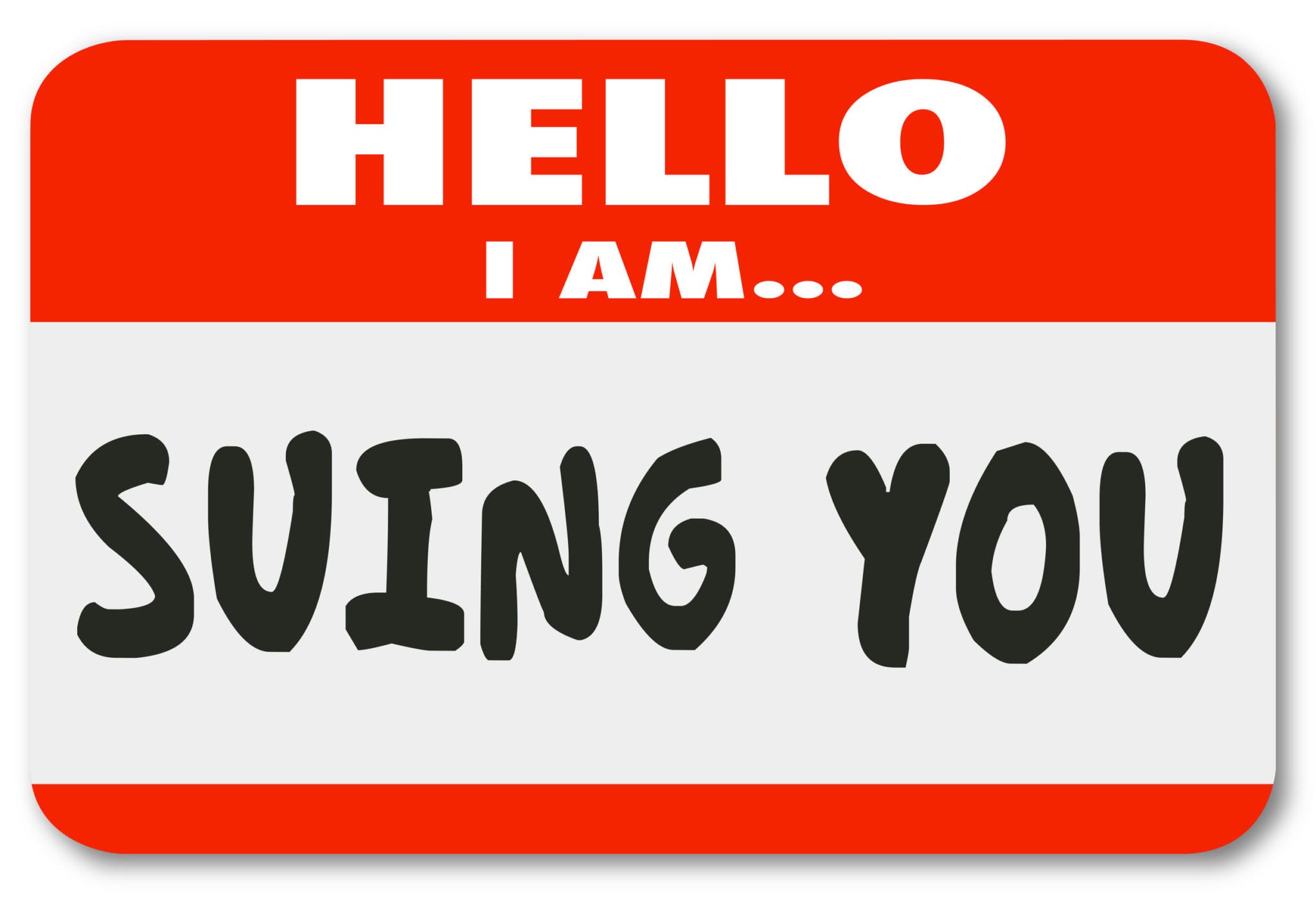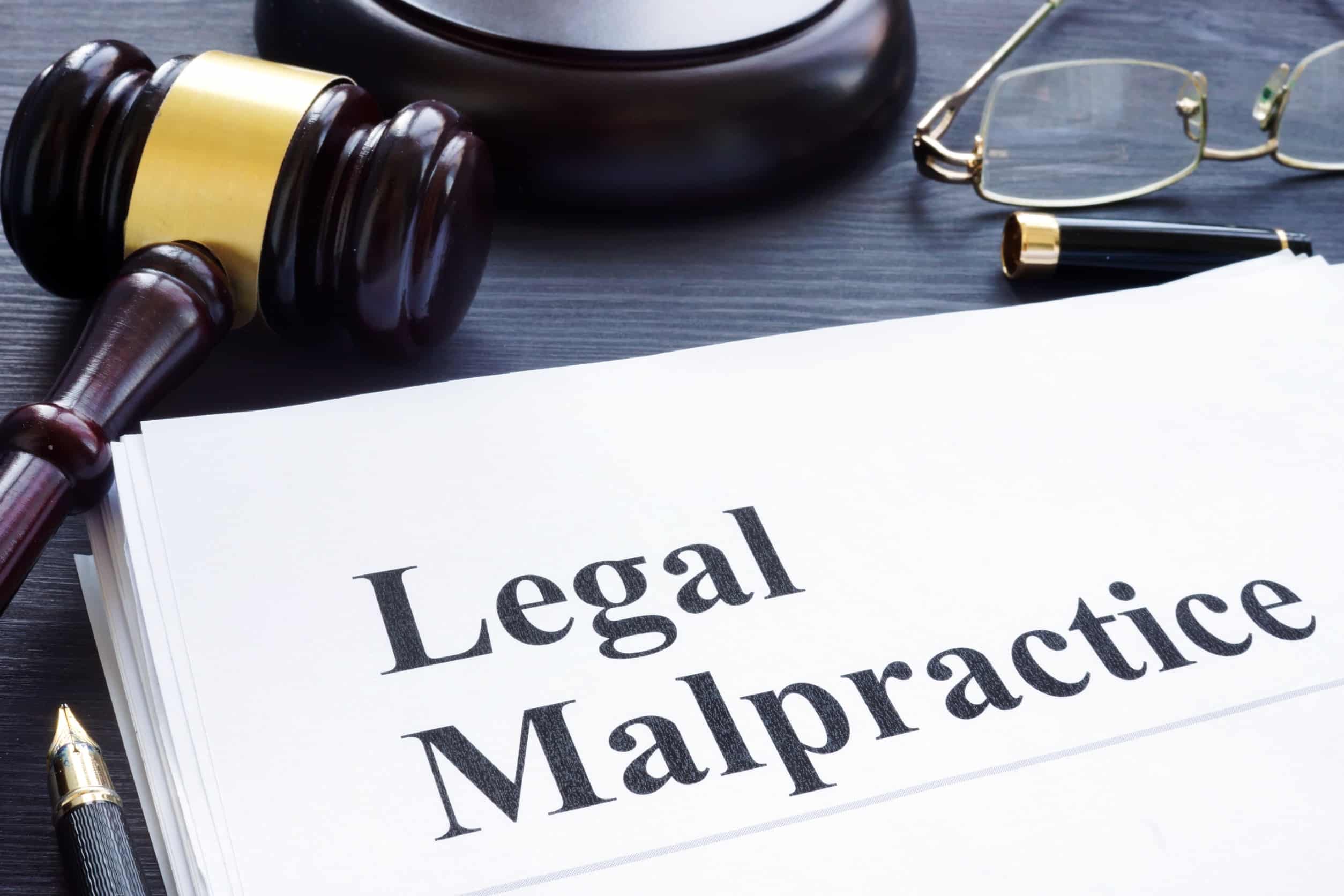Florida Governor in Violation of ADA Laws for Hearing Impaired
For the 61 million Americans, accessibility and inclusivity are everything. That’s exactly why the Americans with Disabilities Act was created. Still, not everyone plays by the ADA rules, including state government officials.
Recently, Florida Governor Ron DeSantis had a complaint filed against him for not providing American Sign Language interpretation during the television broadcasts of his briefings and press conferences.
The complaint accuses him of violating Title II of the ADA in doing so and denying hearing impaired Floridians access to important information about the ongoing health crisis in Florida.
The ADA is an important thing to understand, especially if you have disabilities.
Here’s what the ADA is, what it does, and how Florida seems to be in violation.
The Americans With Disabilities Act
The Americans with Disabilities Act, or ADA, was made law in 1990. The purpose of the act was to make society more inclusive and accessible to those with disabilities.
The ADA Amendments Act was passed in 2008 to help broaden the characterization of disabilities under the law. The legislation has impacted Supreme Court decisions since. Currently, there are five titles (Titles I through V) in the ADA. Learn more about each below.
Title I – Employment
This part of the ADA requires employers to make reasonable accommodations for employees and applicants. It also prohibits employers from discriminating against employees based on their disability.
For hearing impaired people, reasonable accommodations may be something such as assistive listening devices or computer software that can help them to communicate with and relay messages to others as a part of their job.
Title II – Public Services
Public services such as local and state government agencies, medical facilities, and traveler agencies cannot refuse essential services to someone with disabilities or prevent their participation in activities or programs that are available to those without disabilities.
This is the specific title of the ADA that Ron DeSantis has been accused of violating. He has likely broken the law since providing sign language interpreters for local and state government helps to make his press conference accessible to those that cannot hear.
It is a reasonable accommodation, and an especially crucial once in the fight against COVID-19 and educating the public about what is going on. The hearing impaired should have access to that information.
Title III – Public Accommodations
This title covers facilities such as hotels, retail stores, grocery stores, restaurants, and privately run transportation. It requires that any modifications to existing buildings or construction of new buildings be accessible to those with disabilities.
For the hearing impaired, this covers rooms in hotels that can be equipped with assistive hearing devices.
Title IV – Telecommunications
Companies that offer phone services for the general public are required to have telephone relay services available to individuals who need them under the ADA.
Title V – Miscellaneous
This title helps to keep those who report ADA violations from being coerced, threatened, or retaliated against for asserting their rights.
What Does It Means to Be Disabled?
Under the ADA, you have protection if you meet the requirements for the definition of a disability. A person is considered disabled if he or she:
- Has a mental or physical impairment that limits one or more major life activity substantially
- Has a record of an impairment listed above
- Is regarded as having an impairment as listed above
Understand Your ADA Rights
If you’re hearing impaired or have another qualifying disability under the ADA, then it’s vital to know your rights. The ADA was created to help people with disabilities to have the same protections and rights as everyone else.
If you feel your rights aren’t being upheld, whether it’s by the governor of Florida or your local grocery store, then do something about it – you have the right to!
About the Author:
Andrew Winston is a partner at the personal injury law firm of Winston Law. For over 20 years, he has successfully represented countless people in all kinds of personal injury cases, with a particular focus on child injury, legal malpractice, and premises liability. He has been recognized for excellence in the representation of injured clients by admission to the Million Dollar Advocates Forum and named one of America’s Top 100 High-Stakes Litigators. Mr. Winston is AV Preeminent Rated by the Martindale-Hubbell Law Directory, enjoys a 10.0 rating by AVVO as a Top Personal Injury Attorney, has been selected as a Florida “SuperLawyer” from 2011-2020 – an honor reserved for the top 5% of lawyers in the state – was voted to Florida Trend’s ”Legal Elite,” recognized by Expertise as one of the 20 Best Fort Lauderdale personal injury attorneys, named one of the Top 100 Lawyers in the Miami area for 2015-2017, and one of the Top 100 Lawyers in Florida for 2015-2017 and 2019.
 Florida’s Fall Motorcycle Season in Full Swing
Florida’s Fall Motorcycle Season in Full Swing 

















